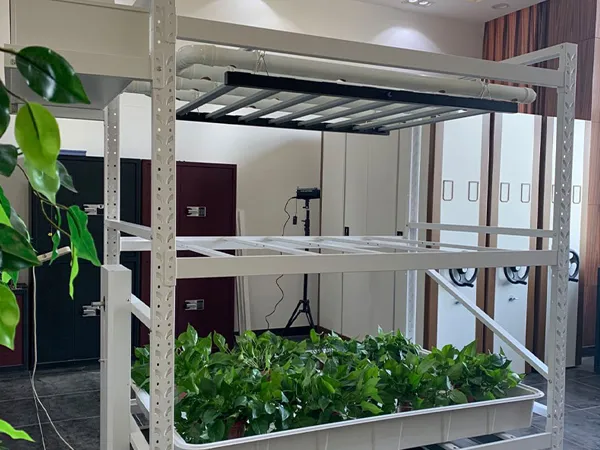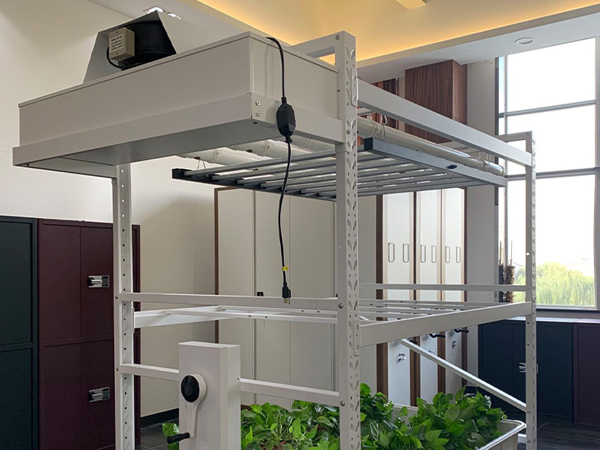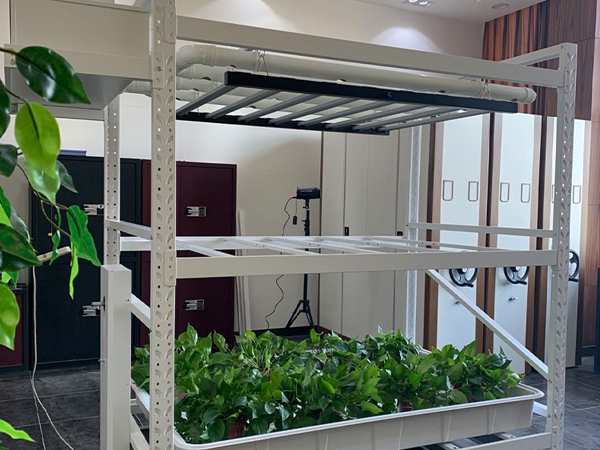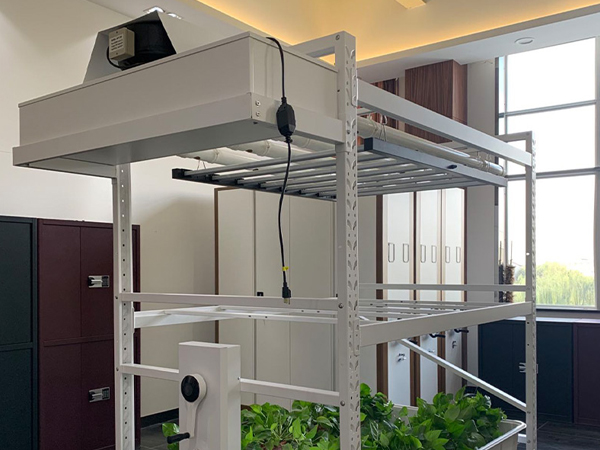







Grow room ventilation is a system that ensures a continuous flow of air between the outside world and the indoor grow area. It also includes some mechanism for keeping airflow inside the grow room. The most common grow room ventilation systems use a combination of exhaust fans and ducts or pipes to maintain airflow.Ventilation system include fan,air box and ventilation duct.
We're here to help: Easy ways to get the answers you need.
Ventilation is a crucial aspect of maintaining indoor air quality and ensuring a healthy living or working environment. Ventilation systems are designed to exchange indoor air with outdoor air, removing pollutants and regulating temperature and humidity.
Natural Ventilation: Uses windows, doors, and openings to allow outdoor air to enter and circulate indoors.
Mechanical Ventilation: Relies on fans and ducts to move and exchange air. There are different types, such as exhaust ventilation, supply ventilation, and balanced ventilation.
Fans: These are used to either exhaust stale air (exhaust fans) or bring in fresh air (supply fans).
Ducts: Air ducts distribute air throughout the building, and they can be part of exhaust, supply, or balanced ventilation systems.
Filters: They help in removing particles and allergens from the air.
Improved Indoor Air Quality (IAQ): Ventilation helps remove pollutants, odors, and moisture, promoting a healthier indoor environment.
Temperature Control: Ventilation systems can help regulate indoor temperatures.
Moisture Control: Proper ventilation prevents the buildup of excess moisture, reducing the risk of mold and mildew.
Regular maintenance is essential to ensure the effectiveness of ventilation systems. This includes cleaning or replacing filters, checking fans, and inspecting ductwork.
Energy recovery ventilators (ERVs) and heat recovery ventilators (HRVs) are devices that can recover heat or energy from outgoing air and transfer it to incoming air, improving energy efficiency.